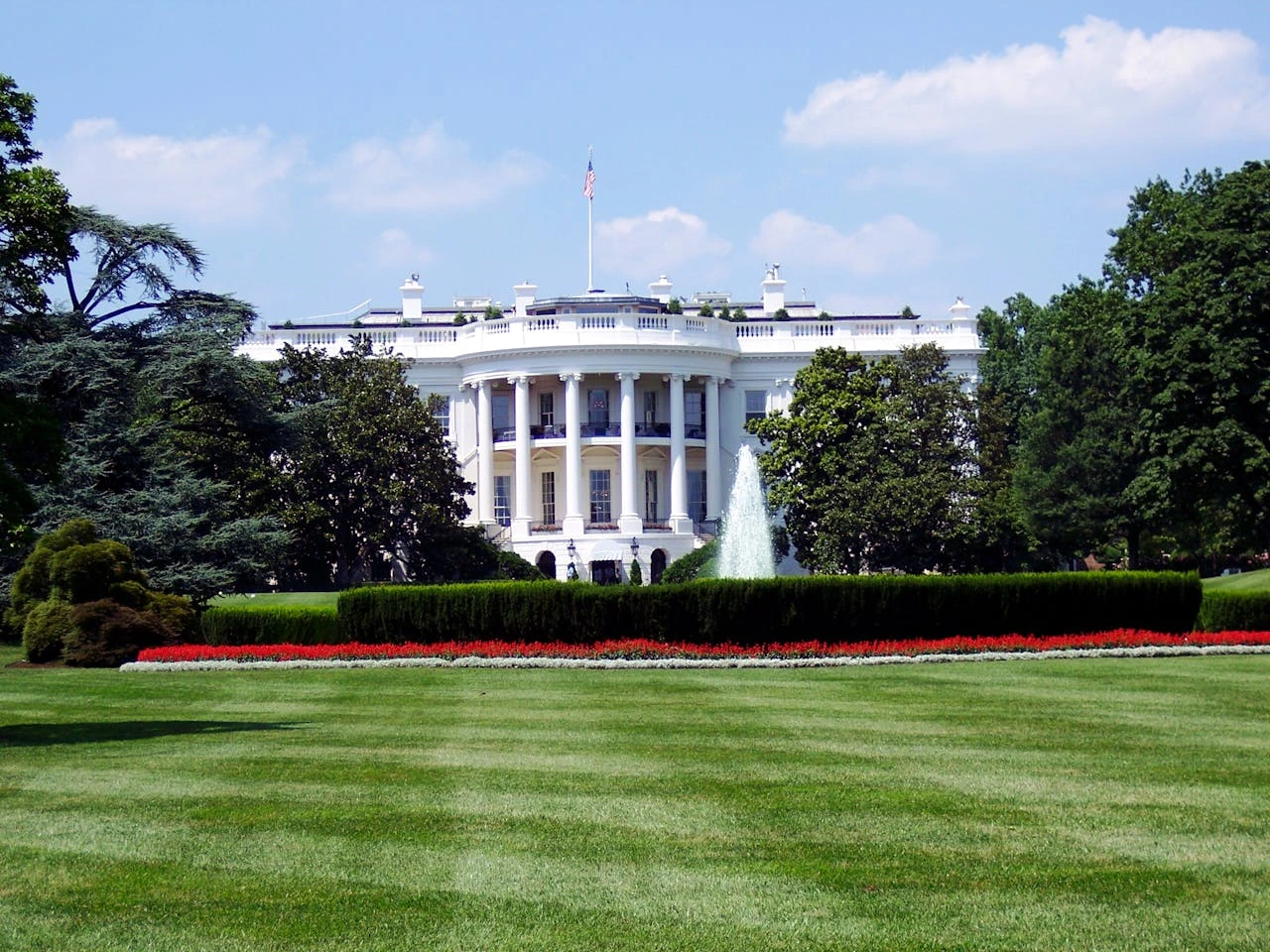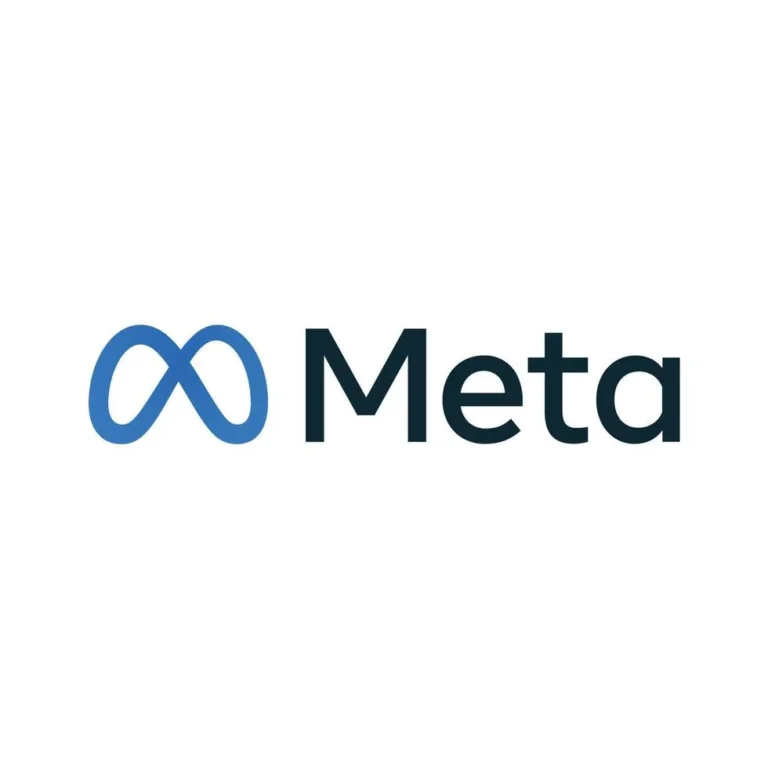The Biden administration has announced an initiative to guide the U.S. government’s use of artificial intelligence (AI) with a focus on national security, balancing innovation with safeguards against potential risks. The strategy, unveiled in a White House memo, instructs federal agencies to strengthen chip supply chain security and resilience with AI considerations, ensuring U.S. leadership in technology development while mitigating vulnerabilities.

The memo also emphasizes the importance of gathering and rapidly sharing intelligence about foreign actions targeting the U.S. AI industry. By doing so, the government aims to enhance collaboration with AI developers, equipping them with critical information to reinforce the security of AI technologies and infrastructures. White House National Security Advisor Jake Sullivan highlighted the urgency of this initiative in a speech at the National Defense University, emphasizing that AI may prove to be among the most pivotal technologies for national security in the near future.
“We must ensure the U.S. is faster in deploying AI for national security purposes than our global rivals,” Sullivan stated, underscoring the potential risks of falling behind in the AI race. “If we don’t move quickly and comprehensively to harness AI’s capabilities, we risk losing the competitive edge we’ve worked so hard to build.” Sullivan also stressed that while the U.S. values fair competition and open markets, it must remain vigilant to ensure that privacy, human rights, and national security are upheld, especially as other nations may not adhere to the same standards.
This latest directive marks a continued effort by the Biden administration to address the impact of AI on national security, consumer protection, and broader societal concerns as Congress works to establish formal regulations. In October of the previous year, President Biden signed an executive order aimed at curbing the risks of AI to various societal groups, focusing on safeguarding workers, protecting minority communities, and reinforcing national security protocols. Furthermore, the White House has planned a global AI safety summit in San Francisco for next month, providing a platform for international leaders and technology experts to discuss best practices for AI governance and safety.
As generative AI continues to advance, capable of creating text, images, and even videos from user prompts, both excitement and concern are mounting. On one hand, AI’s potential applications are vast and transformative; on the other, there are significant fears regarding misuse, such as deepfakes, privacy invasions, and even catastrophic, unintended consequences. These anxieties are prompting governments around the globe to consider regulatory approaches to the AI industry. Major players in the sector, including Microsoft-backed OpenAI, Alphabet’s Google, Amazon, and numerous startups, are at the forefront of these advancements, pushing both innovation and the need for oversight.
In addition to encouraging AI adoption within federal agencies, the White House memo stresses that government entities must actively monitor and assess potential risks associated with AI applications. This includes addressing privacy concerns, minimizing bias and discrimination, and protecting individuals’ and groups’ safety from potential harm. The memo also calls for a proactive framework to prevent AI misuse in ways that could violate human rights, urging federal agencies to consider international standards and collaborate with global allies to ensure ethical AI development and deployment.
The administration’s focus on building international alliances aims to ensure that AI technologies evolve within a framework of shared principles. By fostering cooperation with allies, the White House hopes to establish guidelines that balance national interests with commitments to human rights and international laws, countering an increasingly competitive landscape where rivals may not share the same ethical considerations.
This AI framework and upcoming summit are part of a broader U.S. strategy to navigate the complex intersection of AI advancement and national security. The administration’s proactive stance reflects an acknowledgment of both the potential AI holds for enhancing national security and the necessity of guardrails to manage risks, marking a critical step in shaping the responsible and secure growth of this transformative technology.







